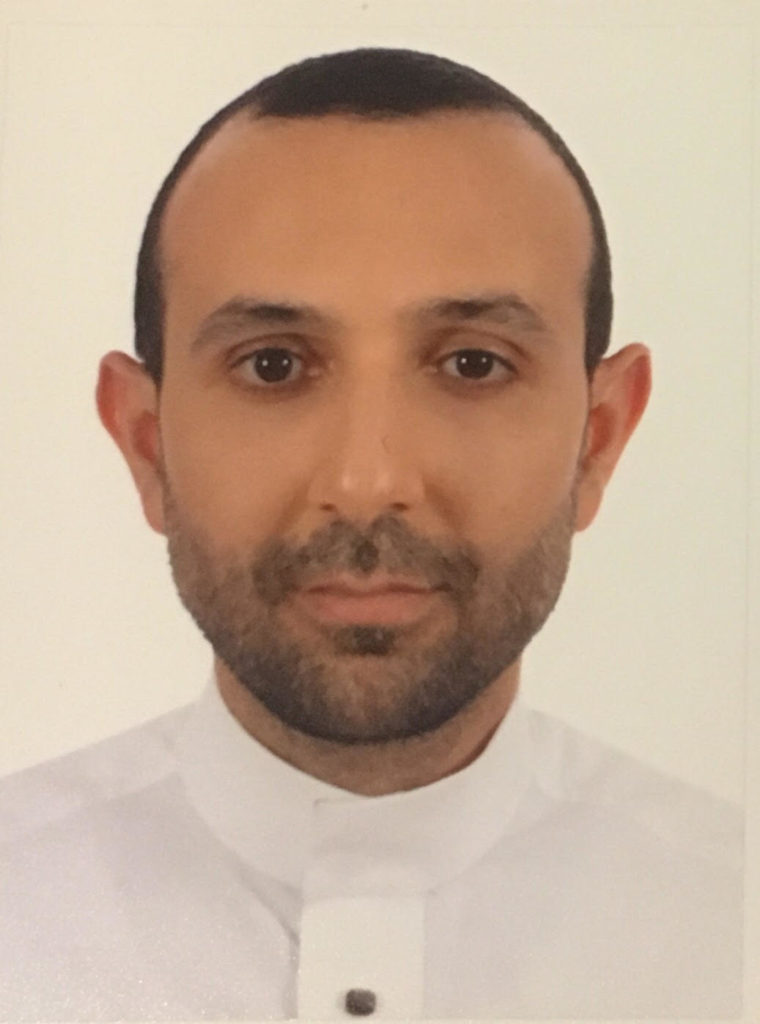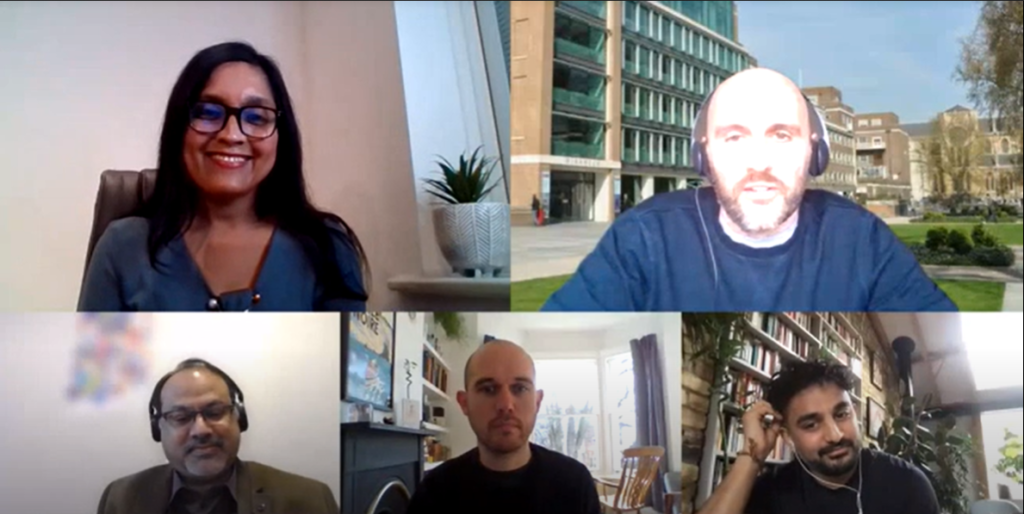The Editor of Academy of Management Perspectives and Human Resource Management Journal shared advice with researchers looking to publish in highly-ranked journals.
 The Department of Management’s popular ‘Meet the Editor’ series has returned for the 2021/22 academic year, welcoming Professor Geoffrey Wood as its first guest.
The Department of Management’s popular ‘Meet the Editor’ series has returned for the 2021/22 academic year, welcoming Professor Geoffrey Wood as its first guest.
Professor Wood is Editor in Chief of Academy of Management Perspectives (ABS 4*) and Human Resource Management Journal (ABS 4*, World Elite), Professor and DanCap Private Equity Chair of Innovation and Department Chair and DAN Management at Western University in Canada.
Opening the session, Chair Dr Muthu De Silva, Assistant Dean for Research in Birkbeck’s School of Business, Economics and Informatics said: “We are really grateful to Professor Geoff Wood for offering to speak to us. As you all know, our key aim is to bring all of you together to meet eminent editors which will help us to together thrive in our research journey. Geoff has published over 220 articles in peer-reviewed journals, so we are very much looking forward to hearing his advice today.”
Advice for researchers aspiring to publish in highly ranked journals
Professor Wood began his presentation with some key advice for researchers:
Editors love novelty, provided that it is within the scope of the journal.
For example, the Journal of Finance is more conservative in terms of theory and methods, but open in terms of choice of topic, while the Academy of Management Journal prefers novelty in terms of theorizing.
Highly ranked journals care about how you calibrate your data.
This includes the scale of the study, for example how in-depth a survey goes, the number of interviews conducted and the quality of data sets.
It pays to do your homework: a journal’s purpose may not be obvious from its title.
In a message echoed from previous Meet the Editor events, Professor Wood gave the example of the Journal of Human Resources, which takes economics papers, to illustrate that it is worth doing some research to ensure your study is right for a particular journal.
The chance of publishing in a four-star journal may be higher than you think.
It is often assumed that a highly ranked journal receives thousands of submissions each year, but the Academy of Management Review receives just 400. The chances of publishing a high-quality paper in this journal are therefore higher than you might expect, but at the same time, leading journals expect papers with scholarly depth, inttrenal rigour, and, when appropriate, a sufficient weight of empirical evidence.
First impressions matter
Professor Wood explained “Referees are like anybody – they’re trying to make sense of a complicated world, so they will look for shortcuts and for the initial impression a paper gives.” He advised making a good first impression by ensuring a strong introduction, conclusion and abstract, and ensuring that any formula and tables in the paper are easy to understand.
Common pitfalls and how to avoid them
Out of date references
Professor Wood explained that this mistake is commonly made by PhD students, who begin gathering data well before writing up their findings. The out of date references make it look as though the paper has already been rejected elsewhere, and, potentially ‘zombie’ papers.
Ignoring referee comments
While it is accepted that researchers may wish to submit a rejected paper elsewhere, Professor Wood cautions against ignoring comments from previous reviewers. The comments are likely to give your paper a better chance of success, but even more so, you may come across the same reviewer at another journal who will be unimpressed if you have ignored their advice!
Failing to cite the target journal
Conduct a careful keyword search in your target journal to ensure you are citing the most relevant references. Not only is it insulting not to cite your target journal; the chances are that your reviewer will be somebody who has recently published in that journal too.
Academy of Management Perspectives Journal: Insight from the Editor
AMP’s Associate Editors have a lot of past editorial experience – typically 8-10,000 citations each – which represents “a lot of knowledge and wisdom coming into your paper.” Professor Wood noted the “career-transforming effect” for scholars whose work has been published in AMP.
He reassured attendees that the chances of getting published in AMP are fairly good, as the journal receives comparatively few high-quality submissions. From the end of the year, AMP will scrap the current system of submitting a proposal before the paper to ensure a more streamlined process for researchers.
It is also worth noting that the journal offers special issues, and would normally expect at least one person within a special issue team to be a very senior and well-established scholar.
Human Resource Management Journal
As a journal of political economy, HRMJ tends to take work that provides some reflections in the broader context of research. It also takes a lot of international work. The journal accepts empirical and conceptual papers, however it does not take organisational psychology papers that do not engage with HR issues. Researchers are not expected to be HR specialists, but they do need to engage with HR literature.
Professor Wood’s presentation was followed by a question and answer session, where researchers had an opportunity to ask more specific questions about the publication process, AMP and HRMJ. One researcher commented: “I think this kind of insight is very important – I don’t usually see editors to share these insights!”













